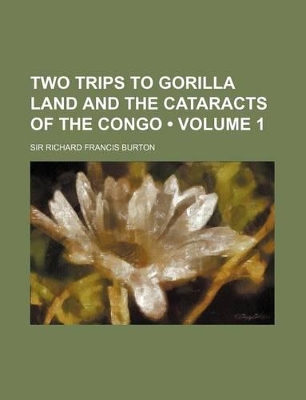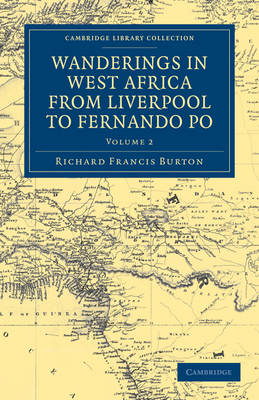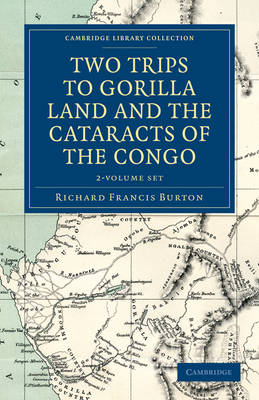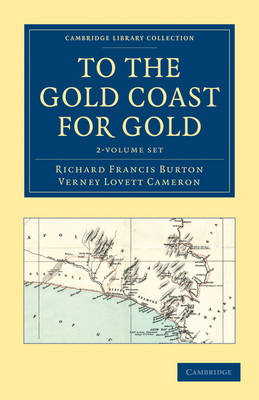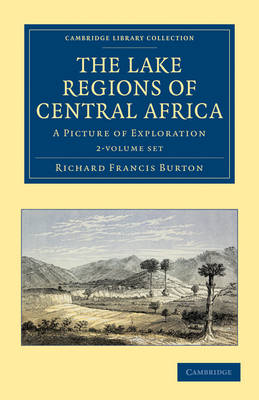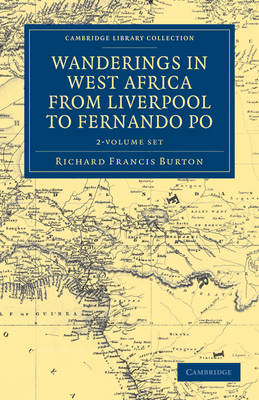Cambridge Library Collection - African Studies
11 primary works • 20 total works
Volume 1
Two Trips to Gorilla Land and the Cataracts of the Congo (Volume 1)
by Sir Richard Francis Burton and Richard Francis Burton
Volume 1
Abeokuta and the Camaroons Mountains: Volume 1
by Sir Richard Francis Burton
Volume 1
A Mission to Gelele, King of Dahome: Volume 1
by Sir Richard Francis Burton
Volume 1
Volume 2
Two Trips to Gorilla Land and the Cataracts of the Congo, Volume 2
by Sir Richard Francis Burton
Volume 2
To the Gold Coast for Gold: Volume 2
by Sir Richard Francis Burton and Verney Lovett Cameron
Volume 2
Volume 2
Wanderings in West Africa from Liverpool to Fernando Po
by Sir Richard Francis Burton
Volume 2
Abeokuta and the Camaroons Mountains: Volume 2
by Sir Richard Francis Burton
Volume 2
A Mission to Gelele, King of Dahome: Volume 2
by Sir Richard Francis Burton
Volume 2
To the Gold Coast for Gold: Volume 1
by Sir Richard Francis Burton and Verney Lovett Cameron
Wanderings in West Africa from Liverpool to Fernando Po: Volume 1
by Sir Richard Francis Burton
Wanderings in West Africa from Liverpool to Fernando Po: Volume 2
by Sir Richard Francis Burton
Abeokuta and the Camaroons Mountains 2 Volume Set
by Sir Richard Francis Burton
Two Trips to Gorilla Land and the Cataracts of the Congo 2 Volume Set
by Sir Richard Francis Burton
To the Gold Coast for Gold 2 Volume Set
by Sir Richard Francis Burton and Verney Lovett Cameron
